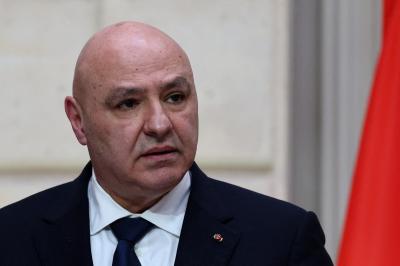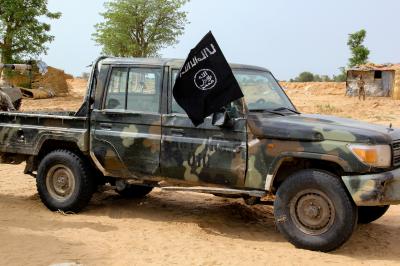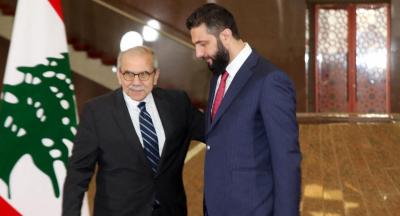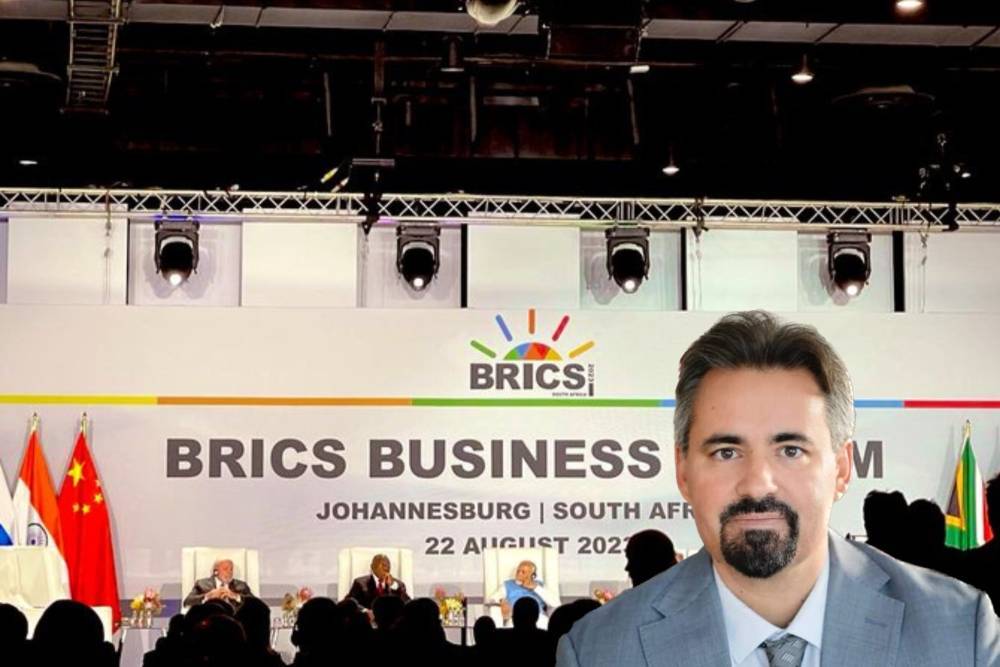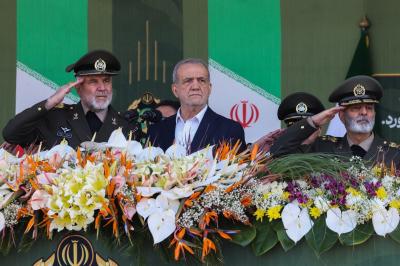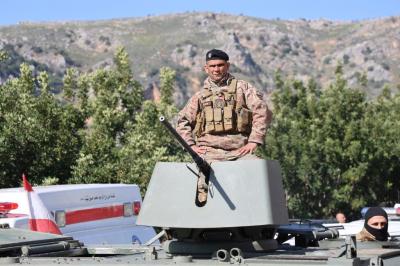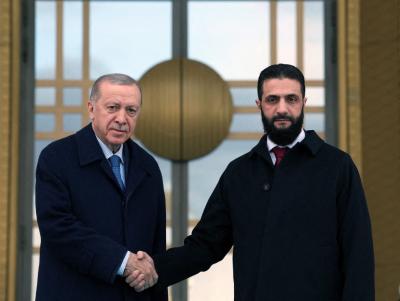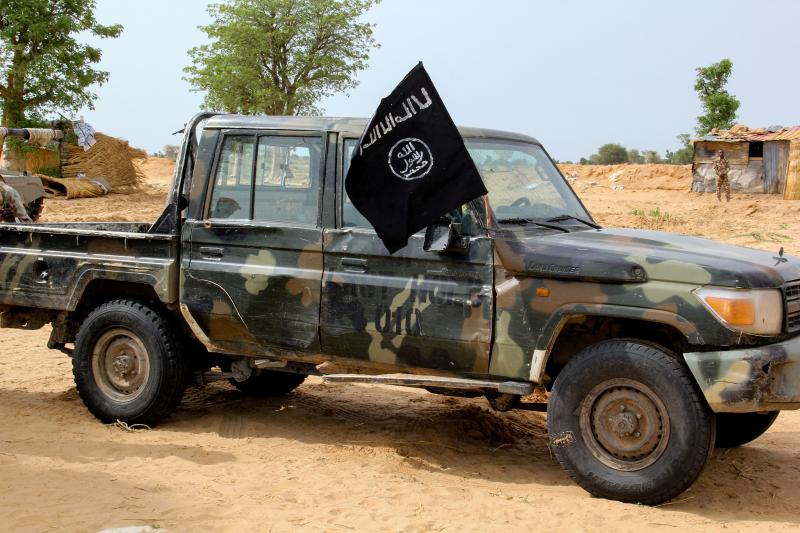As the geopolitical tectonic plates shift, the BRICS nations, representing a colossal 50% of the world's wealth, are not only strengthening their alliance but are also on the verge of welcoming a new powerhouse: Saudi Arabia. Amidst the backdrop of global economic evolution and the ongoing Ukrainian conflict, there's growing speculation about the creation of a new global currency. Could the reigning dominance of the dollar be in jeopardy? Noted economist and entrepreneur, Sébastien Laye, delves deep into these pressing questions, shedding light on the potential reconfiguration of global financial leadership
Alsafa News: As the BRICS nations open their doors to new oil-producing countries, are they challenging the diminishing influence of the West and the G7?
Sébastien Laye: While the BRICS label was coined by a Westerner, its essence reflects emerging nations with substantial growth. These countries have long been on the global radar. Their rise is due to their population and GDP significance, the plateaued growth of Western economies, and their attempts to form a cohesive political and economic block. However, political unity within the BRICS remains elusive due to internal geopolitical rivalries.
Alsafa News: Does the BRICS' expansion reflect an economic or geopolitical reaction, especially in light of the Ukraine conflict?
Sébastien Laye: With the expansion, BRICS is better positioned in international trade. Still, they remain diverse in their agreements, institutions, and goals. Their enlargement involves nations with differing stances on global trade. The Ukraine war, in fact, set back a decade of BRICS cooperation.
Alsafa News: Can the BRICS, influenced by China, form a tight economic bloc outside Western circles?
Sébastien Laye: The BRICS nations, while significant, lack the cohesion seen in Western countries in terms of shared values and trade dynamics. While some in France fantasize about an anti-Western alliance, BRICS is more of a negotiation tool for these nations in their interactions with the West.
Alsafa News: Some experts believe these emerging countries are stockpiling gold for a new shared currency. Is this a credible threat to the Euro and especially the dollar?
Sébastien Laye: Countries generally accumulate assets of their primary trading partners. The accumulation of gold usually signals doubts in the country's fiat currency. While the idea of a BRICS reserve currency is intriguing, it's premature without deeper economic integration and shared international standards.
Alsafa News: Are we witnessing the rise of a new "world order"?
Sébastien Laye: Nations always prioritize their interests. The economic weight of countries shifts slowly, much slower than their geopolitical ambitions. Factors like technology, military might, and soft power also influence global dynamics. We live in a world that, while diverse, still leans heavily on Western values and economic power.
 French
French


